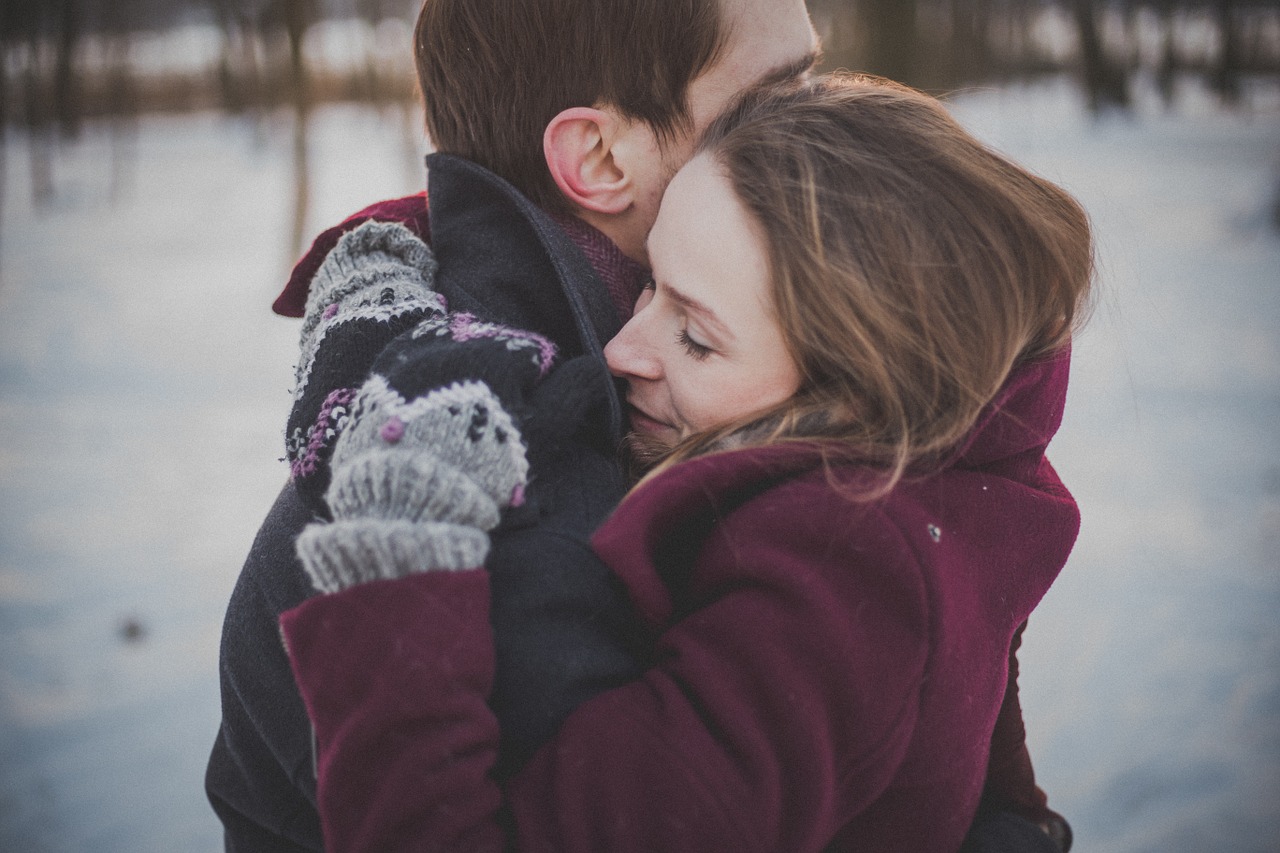Co-dependency can occur in any type of relationship, including romantic, peer, family, friendship and work. There is a clear distinction between thoughtful, caring, loving behaviour or feelings that are normal and healthy to those that are excessive to an unhealthy degree by putting other people ahead of yourselves.
A healthy relationship is ‘inter-dependent’ – when partners take care of themselves and each other. A mutually satisfying relationship is one where people give, receive and rely on each other equally. Of course, there will be times when one person will carry a bigger load but overall all parties contribute equally to the relationship.
A co-dependent relationship occurs when personal boundaries between individuals are broken, unhealthy or don’t exist. Co-dependent people focus on pleasing and accommodating others instead of focusing on themselves. They have a diffuse sense of self, characterised by denial, low self-esteem, excessive compliance or control patterns.
Co-dependent people are constantly in search of acceptance; they like to feel they are “needed”. They often find themselves in relationships where their primary role is that of a rescuer, supporter and confidante. They often depend on the other person’s poor functioning to satisfy their own emotional needs.
Co-dependent relationships are fraught with resentment, anger, criticism and pain. Here are some signs of a co-dependent relationship:
1. You minimise your needs and preferences.
2. You enable the other person’s unhealthy behaviour and they enable yours.
3. You feel guilty when asserting yourself.
4. Your mood and self-respect are dictated by the other person’s mood and behaviour.
5. You feel devalued or disrespected by the other person.
6. You tolerate mistreatment or abuse from the other person because you love them too much. You feel frustrated/angry but you don’t speak up. Instead, you rationalise your behaviour between fights or flight; keeping your feelings to yourself.
7. You repeatedly tell yourself that if you hang on long enough, the other person will change, see the light, and finally love you the way you deserve. You tell yourself that it will be worth it in the end but in the meantime, you are living in hell.
8. You feel as if you can never stop the other person from hurting you but you put up with this treatment because you think that you might even deserve it. You are in denial of the bad times and hope that the good times will make them go away, which won’t happen
9. You have mixed feelings about the person regularly. You simultaneously love and hate them. Or you feel empowered yet disempowered by the relationship.
10. You’re depressed or sad for no reason. You cry uncontrollably for no reason. You have gotten so out of touch with your emotions that you can’t identify your feelings anymore.
11. You feel ashamed and embarrassed about what’s going on in your relationship.
12. You start to develop addictions that you did not have before.
A co-dependent relationship can impact your identity and wellbeing and have unhealthy short-term and long term consequences. By giving up your own needs to over cater the needs of the other person can result in you being burned out, exhausted, resentful and neglectful of other important relationships.
Recovering from co-dependency requires you to examine the way you see yourself, how you value yourself and how you respond when others treat you with disrespect. You can start your co-dependency recovery by setting clear boundaries about what is acceptable to you; communicating respectfully and effectively about your feelings and expectations of your relationship to the other person. Find happiness as an individual.
Healthy relationships involve speaking your truth, being vulnerable, asking for help and receiving support.
For further reading: Co-dependent No More by Melody Beattie and Facing Co-dependence by Pia Melody.
What Is A Co-dependent Relationship Read More »

